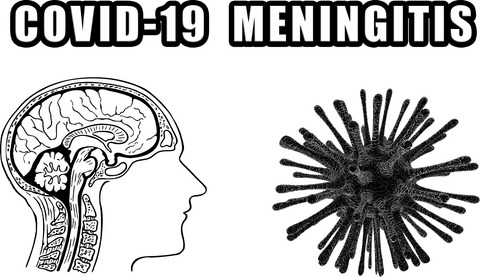Even as Ghana is reeling under the COVID-19 fever, the threat of Cerebrospinal Meningitis (CSM) looms large over the country. This deadly disease raises its hood during the dry season and is linked to very hot and dusty conditions. The spectre of climate change is also haunting Ghana and it is giving abundant room for CSM to breed. This disease is transmitted by humans through droplets of respiratory and throat secretions. The common symptoms are stiff neck, high fever, sensitivity to light, convulsion, headache and vomiting. A matter of particular concern is that even if CSM is diagnosed early, 5% to 10% of its victims die typically within 24 to 48 hours of the onset of symptoms. Deaths due to CSM have already been reported in April 2020 and about 400 confirmed cases have been brought to light.
In the past the northern region of Ghana has recorded the highest number of cases of the disease. Given the current crisis situation caused by the COVID-19 pandemic, this year it will be a Herculean task for the health department of Ghana to also tackle CSM more so due to resource constraint at both governmental and individual levels. The need to ensure equitable distribution of scarce medical resources is expected to be a mighty task more than ever.
With the imperative need for the government to make a planned and concerted effort like stock piling of drugs such as antibiotics, intravenous fluids and laboratory CSM test kits; in terms of personnel and material resource allocation, report indicates that initiatives to combat the disease have already been taken. Particularly this year control measures, case management, contact tracing and public education on identification of early signs and symptoms is said to have been carried out. The concerned authorities of Ghana will be compelled to shoulder a great amount of stress in this regard.












